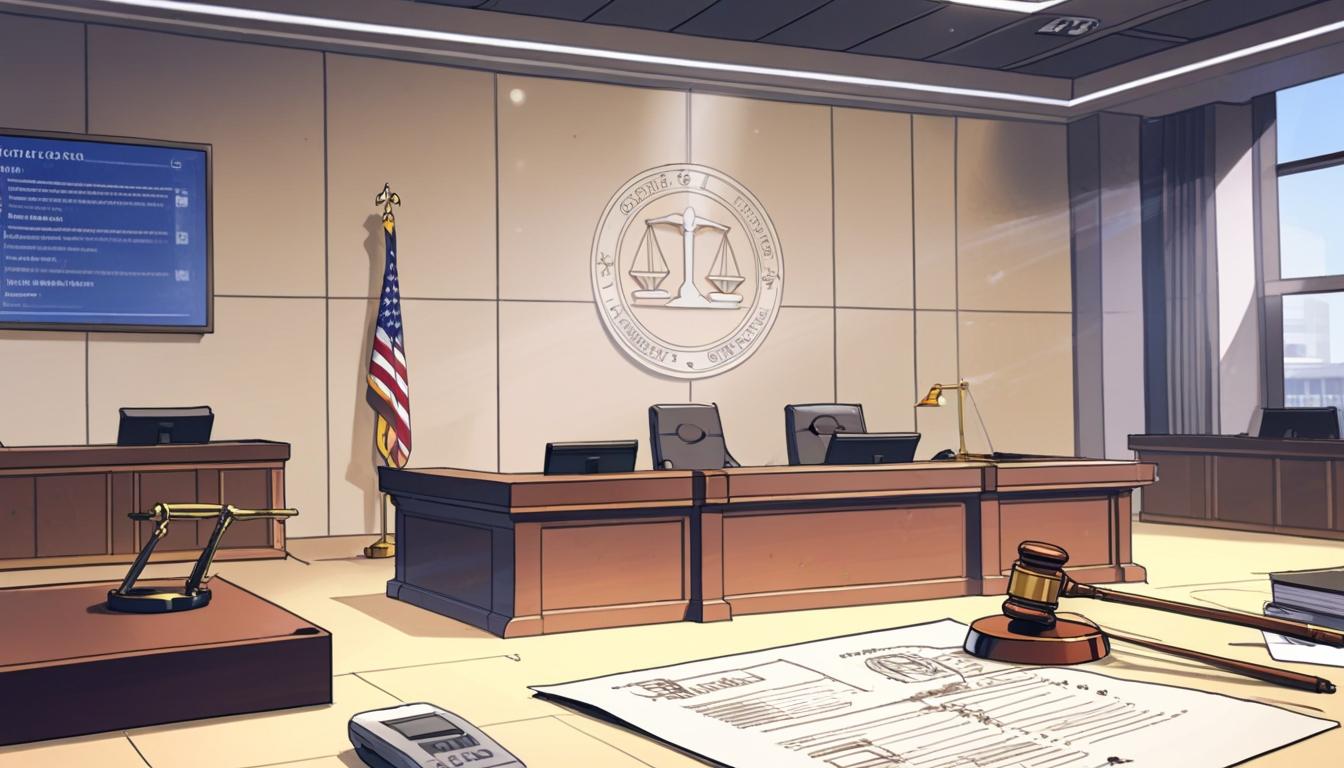Garfield Law, a trailblazing establishment in the legal sector, has become the first law firm in the UK to offer legal services primarily powered by artificial intelligence, with approval from the Solicitors Regulation Authority (SRA). This novel firm, co-founded by a City lawyer and a quantum physicist, is focusing on aiding litigants in person (LiPs) and catering to high street practices, which traditionally face challenges in efficiently managing small claims.
The regulatory nod comes at a time when the legal community is increasingly receptive to digital solutions. Recent statements from Sir Geoffrey Vos, the Master of the Rolls, underline this shift toward accepting technology as a legitimate asset in delivering justice. He suggested that discussions around "how" and "when" to implement digital justice have moved beyond mere contemplation about its feasibility. "There is a critical imperative for us to develop digital methods to resolve disputes quickly and cheaply," he emphasized at the International Forum on Online Dispute Resolution.
Garfield Law, characterised as a five-employee startup, primarily focuses on small-claims debt recovery, a niche that sees many individuals struggling to navigate the complexities of the court system. The firm’s offerings include a £2 'polite chaser' letter, a seemingly simple yet innovative tool aimed at alleviating the burdens faced by those pursuing modest financial recoveries. Philip Young, one of the founders, stated that the AI system employed by Garfield can manage the entirety of a small-claims track debt claim, providing comprehensive support throughout the process, excluding only oral arguments.
The inception of Garfield Law can be traced back to the experiential learning gleaned during the pandemic, during which Young, who took a break from a successful legal career, began experimenting with AI technologies. Notably, the arrival of advanced AI models like GPT-4 propelled his decision to leverage these tools in creating a legal service that is more accessible and user-friendly. Young's motivation was further amplified by personal encounters with relatable issues, such as a relative's frustrations in chasing small debts.
As Garfield prepares to integrate itself within the legal framework, it has undergone a thorough vetting process by the SRA, which imposed guidelines to ensure the safety and reliability of AI in legal contexts. Among these is a stipulation that the firm must not offer case law, an area known for AI errors, commonly referred to as "hallucinations." Young emphasised that every step of the legal process requires client approval, thereby maintaining human oversight and safeguarding against potential pitfalls.
The implications of Garfield Law extend beyond just providing services to individual clients; they reach high street law firms as well. By reducing the time-consuming administrative tasks associated with low-value cases, the firm aims to enable solicitors to focus on more complex matters. Young expressed optimism that lawyers will appreciate this shift, suggesting that the technological automation will increase overall productivity within the legal profession.
The advent of Garfield Law resonates with broader trends in the legal industry, where firms worldwide are already integrating generative AI to enhance operational efficiency. Examples abound, from the Australian firms Gilbert + Tobin and MinterEllison, which have adopted AI tools to streamline contract drafting and document review, to significant global players like Dentons and Allen & Overy implementing AI-assisted legal research and drafting solutions. This collective movement indicates a transformative potential within legal services; however, it is accompanied by an imperative for ethical standards and data security.
With the approval of Garfield Law, the SRA has signalled a commitment to monitoring the evolution of AI legal services closely. As AI continues to reshape the landscape of law, it remains crucial to balance innovation with the necessity for governance and transparency in ensuring consumer protection.
Overall, Garfield Law embodies a confluence of legal expertise and technological innovation, with ambitions to democratise access to justice and reshape the practice of law in the UK. As the first of its kind, its impact will likely serve as a benchmark for future developments within the legal technology space.
Reference Map
- Paragraphs 1, 4, 6
- Paragraphs 2, 5
- Paragraphs 3, 7
- Paragraph 8
- Not used
- Not used
- Paragraphs 2, 5
Source: Noah Wire Services
